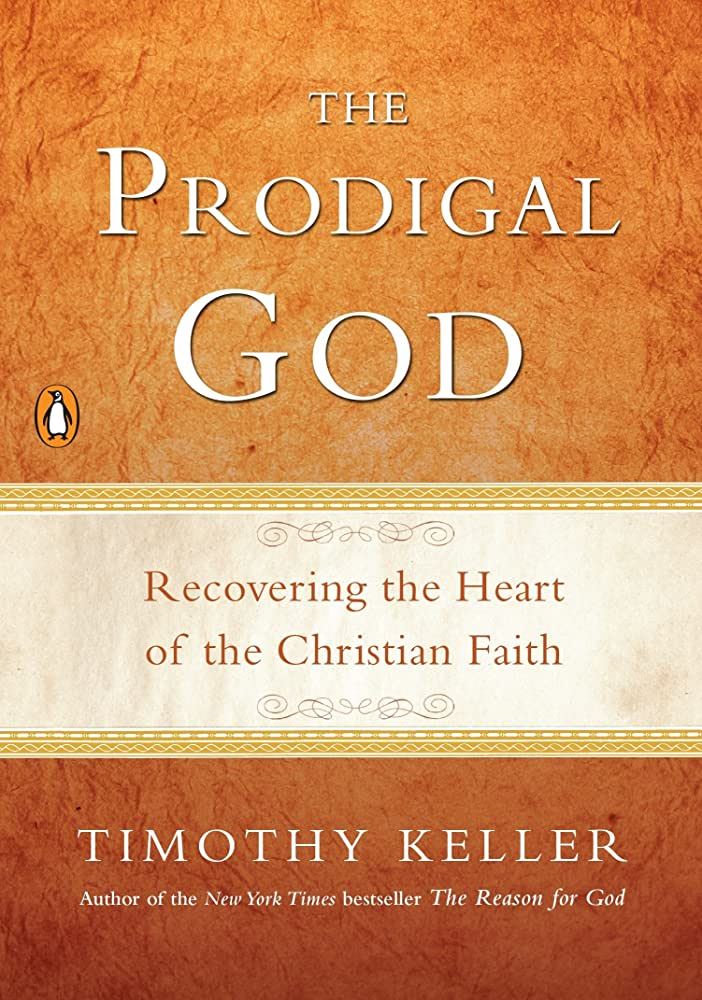Prodigal GodTim Keller's book, "Prodigal God," is a profound exploration of the well-known biblical parable, "The Prodigal Son." In this article, we will summarize Keller's key ideas and insights, providing readers with a comprehensive overview of his thought-provoking work. The Power of the ParableKeller begins by highlighting the significance of the parable in revealing the heart of God's redemptive love. The story of the prodigal son, as commonly understood, focuses on the waywardness of the younger son and the father's unconditional forgiveness. However, Keller asserts that the parable's true depth lies in its portrayal of the elder brother's self-righteousness and the transformative power of grace. The Two Lost SonsKeller emphasizes the importance of recognizing ourselves in both the prodigal son and the elder brother. Like the prodigal son, we often wander from God in pursuit of worldly desires. However, similar to the elder brother, we can also be guilty of self-righteousness and a lack of compassion. Keller challenges readers to reflect on their own spiritual condition and identify the areas where they may resemble either son. The Prodigal GodCentral to Keller's message is the concept of a "prodigal God" – a God whose love knows no bounds and is lavishly extravagant. Keller argues that God's prodigal love extends to both the wayward and self-righteous, offering salvation and transformation to all who turn to Him. This understanding challenges the misconception that Christianity is primarily about moral behavior and highlights the grace-filled nature of the Gospel. The Costly EmbraceIn "Prodigal God," Keller underscores the sacrificial nature of the father's embrace of the prodigal son. By running towards his wayward child, the father absorbs shame and ridicule from the community. Similarly, God's embrace of humanity in Jesus Christ came at great cost—the crucifixion of His Son. Keller emphasizes that the depth of God's love is best understood through the lens of this costly embrace. The Call to RepentanceKeller challenges readers to embrace the call to repentance—a turning away from self-centeredness and towards God. The parable's message urges individuals to acknowledge their need for God's grace, recognizing that both rebellion and self-righteousness separate us from a relationship with Him. The Challenge to the ReligiousAddressing the elder brother's character, Keller warns against the dangers of religious pride. He highlights how self-righteousness can hinder believers from truly experiencing the prodigal love of God and cause them to judge and exclude others. Keller reminds us that the Gospel is not about earning God's favor through moral perfection but about accepting His grace and extending it to others. ConclusionTim Keller's "Prodigal God" serves as a powerful reminder of God's unconditional love and grace. By delving into the parable of the prodigal son, Keller challenges readers to reflect on their own spiritual journey, recognize their need for repentance, and extend grace to others. This transformative message speaks to both the wayward and the self-righteous, reminding us that we are all in need of the prodigal God's redemptive love.
|
If you are wanting to do a particular passage or book study and can't find it, feel free to email me at josh@joshhunt.com21 Laws of Discipleship -- the book -- |



















